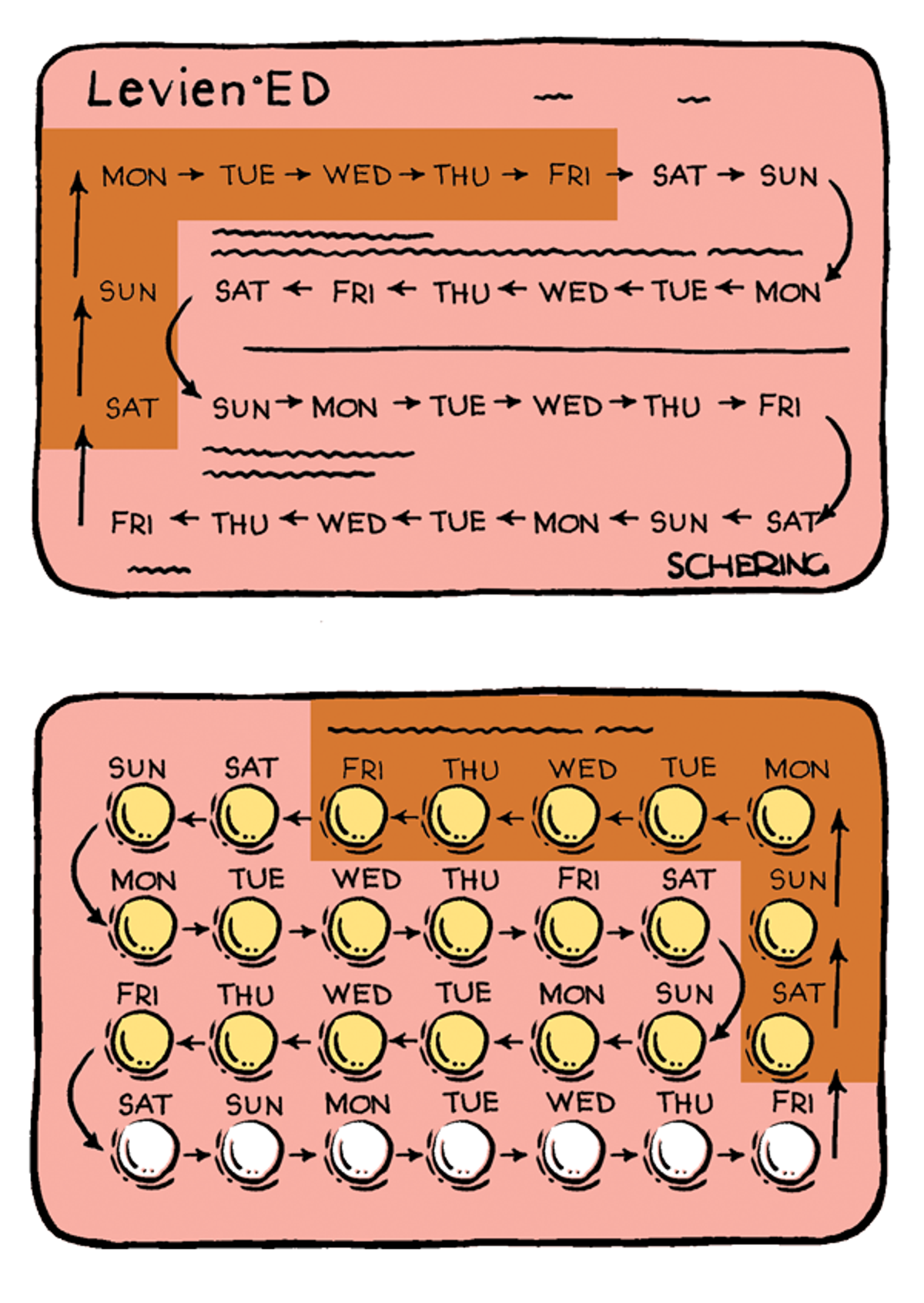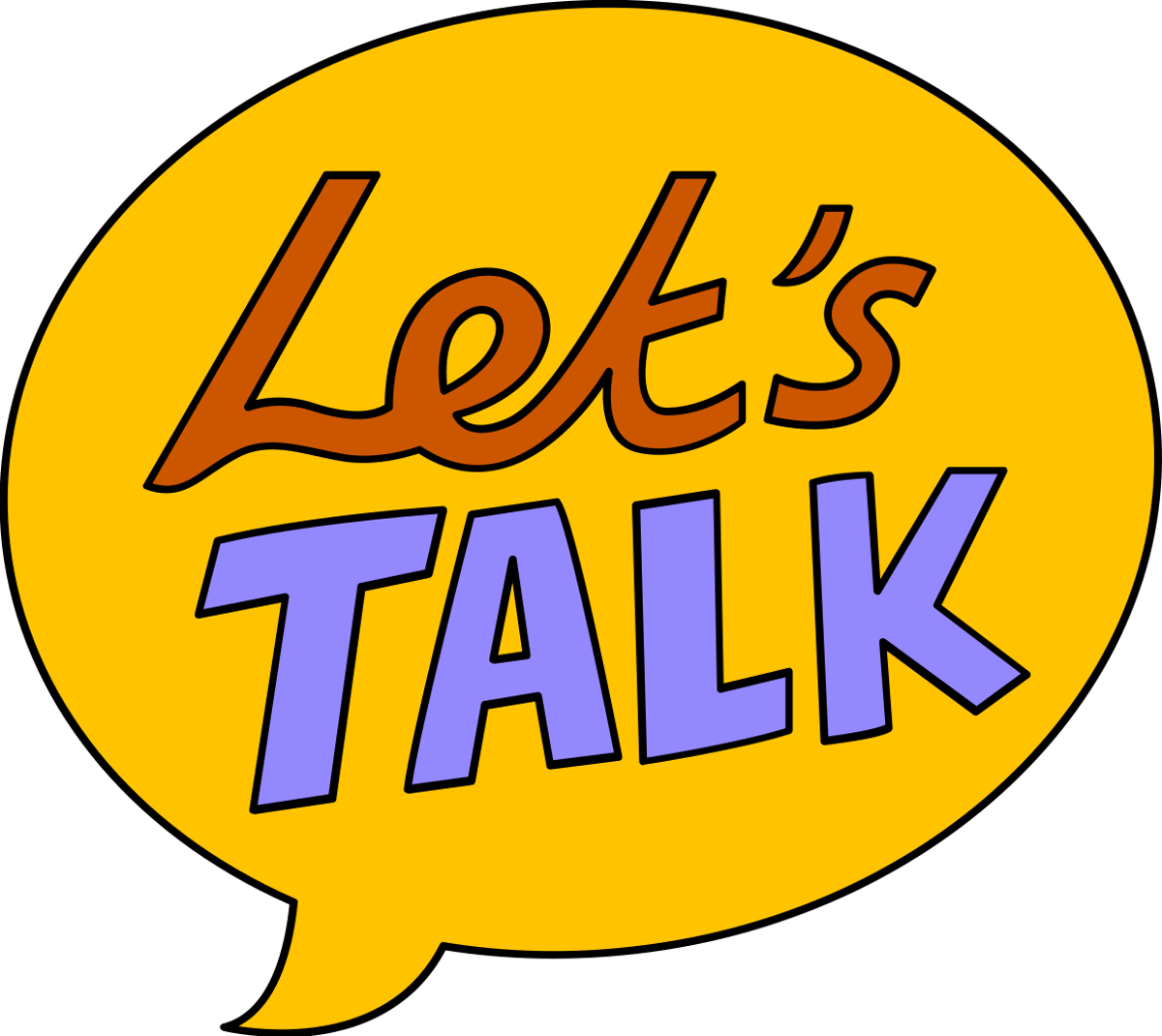Combined oral contraceptive pill
-
The combined oral contraceptive pill — also called the pill — is taken once a day to prevent a pregnancy.
Read this information in te Reo Māori: Te pire ārai hapū tukutahi ā-waha
-

-
The combined oral contraceptive pill is:
- Typically, 92% effective at preventing pregnancy
- Even more effective if you take the hormone pills continuously
- Easy to use
- A way to have lighter, less crampy periods, or no period at all
The combined oral contraceptive pill isn't:
- Protection from sexually transmissible infections (STIs) — condoms and oral dams can protect against STIs
The combined oral contraceptive pill is different from the progestogen-only pill.
-
-
How does the pill work?
-
The combined oral contraceptive pill contains two hormones. The hormones in the combined oral contraceptive pill are called oestrogen and progestogen. The pill is intended to prevent fertilisation and pregnancy.
The pill works by:
- Stopping ovulation — you don’t release eggs on the pill
- Making it hard for sperm to reach an egg
- Making it hard for an egg to implant itself in the lining of your uterus
The pill is usually taken to prevent pregnancy, but can also be used to treat:
-
-
How well does the pill work?
-
Typically, the pill is 92% effective at preventing pregnancy. That means 8 in every 100 people taking the pill will become hapū each year — usually due to incorrect use or forgetting to take their pill.
The pill can be 99% effective — if it’s taken correctly. If everybody took their pill correctly, less than 1 in every 100 people using the pill would become hapū each year.
-
-
How long does the pill work for?
-
You must take the pill every day for it to work. You’ll be able to become hapū as soon as you stop taking your pill.
If you forget to take your pill for one day, take it as soon as you remember and then continue taking the pill as per usual.
-
-
What should you do if you forget to take the pill?
-
If you forgot to take your pill, you won’t be protected against pregnancy. You need to take hormone pills for 7 days in a row before you will be protected from becoming hapū again.
You need to use another type of contraception — condoms, for example — if you have sex during the 7 days before you’re protected by the pill against pregnancy.
If you have sex without a condom — or the condom breaks — during the 7 days before you are protected by the pill against pregnancy, you’ll need to use emergency contraception.
-
-
What are the advantages and disadvantages of the pill?
-
Advantages:
- Is simple and easy to take
- Doesn’t get in the way of sex
- Usually makes periods regular, shorter, lighter, and less painful
- Reduces the risk of cancer of the ovaries, uterus, and colon
- Can be taken all the way up to menopause — if you are a healthy non-smoker
Disadvantages:
- Doesn’t protect you against sexually transmissible infections (STIs)
- Must be taken every day to be effective
- Might cause temporary side effects such as: feeling sick — especially if the pill is taken on an empty stomach—, sore breasts, unexpected vaginal bleeding, and dark patches on your face
-
-
What are the side effects or risks of the pill?
-
The pill doesn’t suit everyone — but lots of people do take the pill safely for many years.
If you want to know more about starting the pill, make an appointment with us. We can help you make your decision and get you the medication you need. It's really important that you tell us what you know about:
- Your family’s medical history
- Any health issues you have
- Any medications you're currently taking
This is what you need to know about risks and side effects of the pill:
- Serious side effects from taking the pill are rare
- There is a very small chance of blood clots (VTE: deep vein thrombosis or pulmonary embolism), heart attacks, and strokes when you take the pill. These risks are higher in people more than 35 years old, who smoke, are overweight, or have a family history of blood clots, heart attacks, or strokes
- There is a very small increase in your risk of cervical cancer, when you take the pill
Don’t use the pill if you:
- Have had breast cancer
- Smoke and are over 35
- Are overweight
- Are breastfeeding a young baby — although you may be able to use the combined oral contraceptive pill and breastfeed if the baby is more than 6 months old
- Have had a heart attack, stroke, or blood clot in your legs or lungs
- Have a close family member has had a blood clot in their legs or lungs
- Use some types of medications, or herbal remedies. We can explain this in your appointment
- Have your leg in plaster, or if you use a wheelchair
Some things are more risky when you take the pill — such as:
- Taking long plane flights
- Being at high altitude
- Having surgery
- Temporary immobility — not being able to walk or move
Get help straight away if any of these things happen to you:
- Sudden chest pain
- Coughing up blood
- It gets hard to breathe
- You have pain in your lower leg
- You have a very bad headache
These are signs of very serious health problems. If they ever happen to you — while you are on the pill — get help from an emergency department, your doctor, or us straight away.
-
-
What do you need to know about getting the pill for the first time?
-
One of our nurses will help you work out the best way for you to take the pill. It’s best to decide on one time to take the pill every day. Lots of people set an alarm on their phone to help them remember.
If you’ve only just started taking the pill, you might:- Feel sick — especially if you take the pill on an empty stomach
- Have sore breasts
- Have unexpected vaginal bleeding
- Get dark patches on your face
Most of these symptoms get better once your body is used to the pill. If you’re worried about any changes, it’s a good idea to keep to call us for advice. It’s best to keep taking your pill until we’ve talked about next steps.
Your period might be a bit lighter than usual once you start the pill. If you miss your period, keep taking the pill, and call us for advice.
-
-
How do you take the pill?
-
It’s best to take the pill at the same time every day. You could set an alarm on your phone to remind you to take your pill.
There are three different ways to take the pill.
1. Have your period every month
Find the arrow on your sheet of pills and take your daily pill in that order. This means you will take 21 hormone pills, and then 7 non-hormone pills, every 28 days.
If you choose to take the pill this way, you can expect a period during the seven days of non-hormonal pills. Your period will often be lighter and less crampy on the pill.
You won’t be protected from pregnancy if you forget to take two or more pills in a week.
2. Have your period every few months
Skip your seven non-hormone pills most months. Take your hormone pills every day.
If and when you want to have a period, just take your non-hormone pills — once a day for seven days.
3. Have no period
This is called taking the pill continuously. When you reach the end of your 21 hormone pills, skip the non-hormone pills, and go right onto the next sheet of hormone pills. This is the most effective way to take the pill.
If you only take the hormone pills, you’re less likely to have a period.
You might notice bleeding and spotting when you start taking the pill continuously. You can wait for your body to get used to taking the pill continuously, or you can decide to have a period — just take your non-hormone pills for seven days.
You can take the pill continuously for as long as you want. If you ever want to have a period, you can take your non-hormone pills for seven days.
Taking your pill continuously protects you from pregnancy — unless you forget to take more than eight pills in a row.
-
-
What if you run out of your pill?
-
Don’t worry! Call us. We may be able to organise you a repeat script for your contraceptive pill, over the phone.
-
-
Does the pill protect you from STIs?
-
The pill doesn’t protect you from sexually transmissible infections (STIs).
Condoms, oral dams, and regular STI testing are the best ways to protect yourself from STIs.
-
-
Can you become hapū after you stop taking the pill?
-
You can become hapū as soon as you stop taking the pill.
-
-
What if you become hapū when you’re on the pill?
-
If you become hapū when you’re taking the pill, and you want to continue with your pregnancy, there will be no extra risk to the developing embryo.
-
-
How do you get the pill?
-
The pill must be prescribed for you by a nurse or doctor.
You can get a prescription for the pill from us. We can often prescribe some pill repeats over the phone too.
-
-
How we can help you
-
We can talk to you about different types of contraceptive pills — and help you decide if the pill is the best contraception for you.
Anyone can visit our clinics. If you want to talk with us, we want to talk to you.
-
-
-
Do you need urgent help?
If you require medical advice outside of our opening hours, call Healthline for free on 0800 611 116 anytime or get help from an after-hours medical centre or emergency services.
